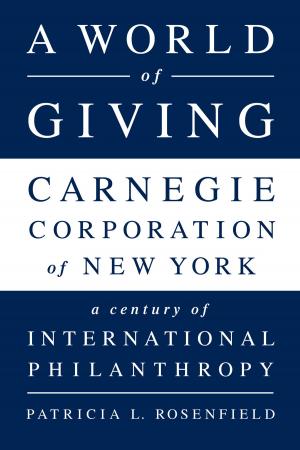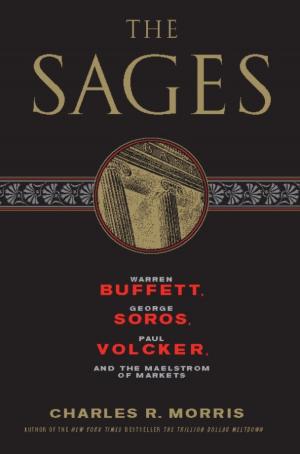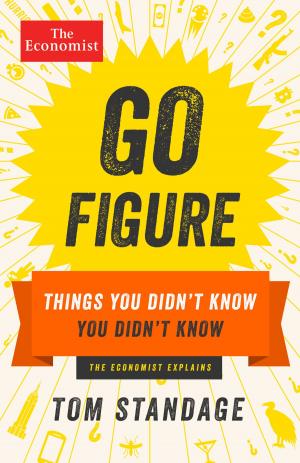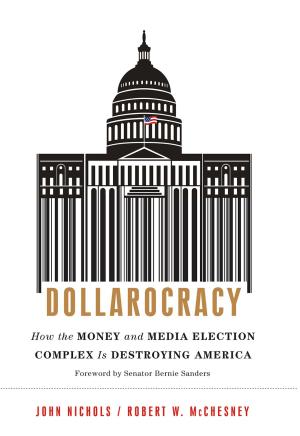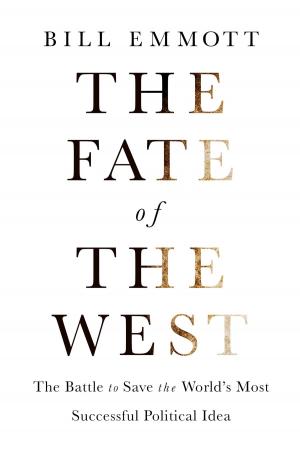The End of the Cold War: 1985-1991
Nonfiction, History, Asian, Russia, Modern, 20th Century, Social & Cultural Studies, Political Science, International| Author: | Robert Service | ISBN: | 9781610395007 |
| Publisher: | PublicAffairs | Publication: | November 10, 2015 |
| Imprint: | PublicAffairs | Language: | English |
| Author: | Robert Service |
| ISBN: | 9781610395007 |
| Publisher: | PublicAffairs |
| Publication: | November 10, 2015 |
| Imprint: | PublicAffairs |
| Language: | English |
The Cold War had seemed like a permanent fixture in global politics, and until its denouement, no Western or Soviet politician had foreseen that an epoch defined by games of irreconcilable one-upmanship between the world's most heavily armed superpowers would end in their lifetimes. Under the long, forbidding shadow of the Cold War, even the smallest miscalculation from either side could result in catastrophe.
Everything changed in March 1985 when Mikhail Gorbachev became the leader of the Soviet Union. Just four years later, the Cold War and the arms competition was over. The USSR and the US had peacefully and abruptly achieved an astonishing political settlement. But it was not preordained that a global crisis of unprecedented scale could and would be averted peaceably.
Drawing on new archival research, Robert Service's gripping new investigation of the final years of the Cold War-the first to give equal attention to the internal deliberations from both sides of the Iron Curtain-opens a window onto the dramatic years that would irrevocably alter the world's geopolitical landscape, and the men at their fore. The End of the Cold War captures the astonishing relationship between Reagan and Gorbachev, two exceptional politicians who cooperated against all odds during extraordinary times. Gorbachev made enormous contributions to reconciliation efforts by, for instance, pressing for maintaining support for rapprochement with the US within the Politburo and refusing to sanction military intervention when civil unrest swept the Baltic states in unprecedented numbers. US Secretary of State George Shultz was the first to call for negotiations with the USSR. And Soviet Minister of Foreign Affairs Eduard Shevardnedze too pressed for disarmament and other radical policies as the Soviet economy tumbled. Facing stern resistance from all fronts, against all odds, and working outside the public gaze, these men would engineer the nuclear arms treaties that marked the end of the Cold War.
This definitive insider's account of the 1980s, the final decade of the Cold War, uncovers how closely the world skirted with disaster, and sheds light on the four men who would forever transform the course of modern history and politics.
The Cold War had seemed like a permanent fixture in global politics, and until its denouement, no Western or Soviet politician had foreseen that an epoch defined by games of irreconcilable one-upmanship between the world's most heavily armed superpowers would end in their lifetimes. Under the long, forbidding shadow of the Cold War, even the smallest miscalculation from either side could result in catastrophe.
Everything changed in March 1985 when Mikhail Gorbachev became the leader of the Soviet Union. Just four years later, the Cold War and the arms competition was over. The USSR and the US had peacefully and abruptly achieved an astonishing political settlement. But it was not preordained that a global crisis of unprecedented scale could and would be averted peaceably.
Drawing on new archival research, Robert Service's gripping new investigation of the final years of the Cold War-the first to give equal attention to the internal deliberations from both sides of the Iron Curtain-opens a window onto the dramatic years that would irrevocably alter the world's geopolitical landscape, and the men at their fore. The End of the Cold War captures the astonishing relationship between Reagan and Gorbachev, two exceptional politicians who cooperated against all odds during extraordinary times. Gorbachev made enormous contributions to reconciliation efforts by, for instance, pressing for maintaining support for rapprochement with the US within the Politburo and refusing to sanction military intervention when civil unrest swept the Baltic states in unprecedented numbers. US Secretary of State George Shultz was the first to call for negotiations with the USSR. And Soviet Minister of Foreign Affairs Eduard Shevardnedze too pressed for disarmament and other radical policies as the Soviet economy tumbled. Facing stern resistance from all fronts, against all odds, and working outside the public gaze, these men would engineer the nuclear arms treaties that marked the end of the Cold War.
This definitive insider's account of the 1980s, the final decade of the Cold War, uncovers how closely the world skirted with disaster, and sheds light on the four men who would forever transform the course of modern history and politics.



